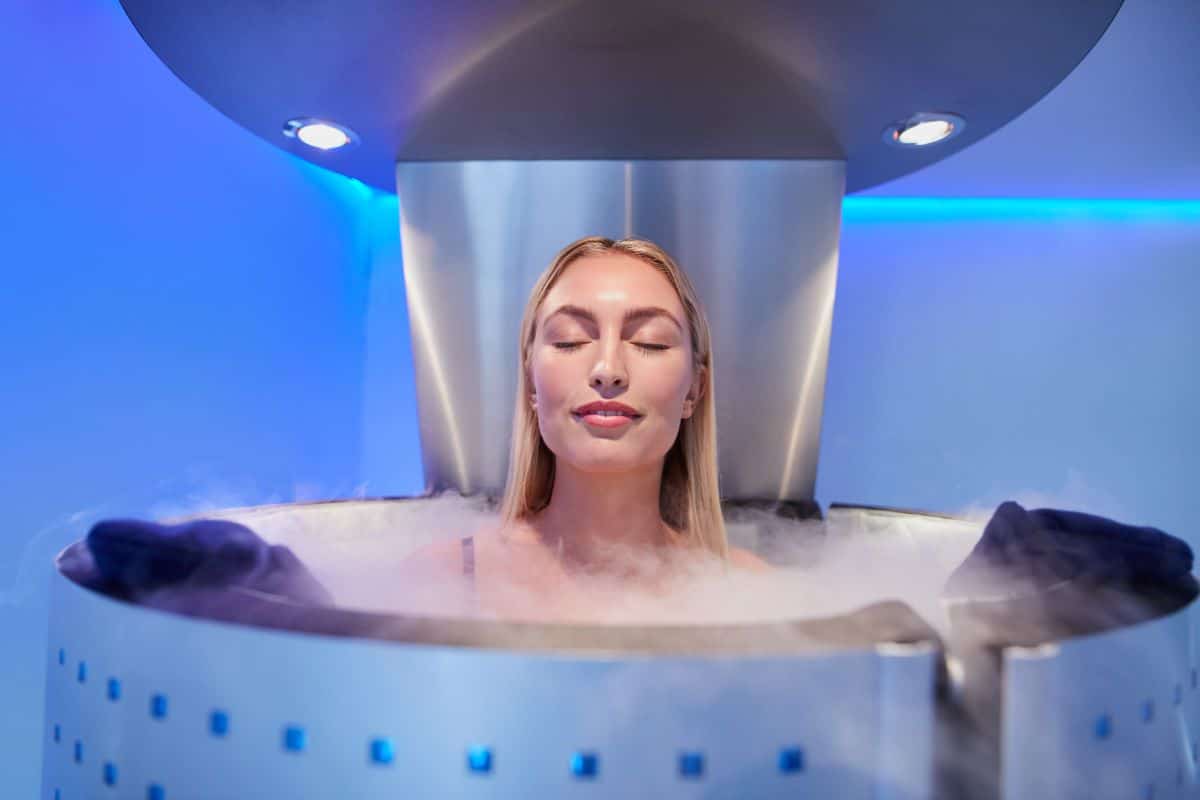The health and wellness industry is booming with trends, many fueled by social media influencers and celebrities. But amidst the noise, how can you discern the fads from truly beneficial practices? Here’s a look at the trends that might not be worth your time and those that actually have merit.
1. Detox Teas and Quick Fixes

Detox teas and other quick fixes promise rapid weight loss and cleansing, often endorsed by celebrities. In reality, these products can be harmful, causing dehydration and imbalances, and lack long-term effectiveness.
2. Excessive Juice Cleanses

While a short juice cleanse can jump-start a focus on healthier habits, prolonged juice cleanses deprive your body of essential nutrients and fiber. Balanced meals are far more beneficial for sustained health.
3. Extreme Fasting and Diet Trends

Intermittent fasting can have health benefits, but extreme fasting or very restrictive diets like the carnivore or raw food diet lack scientific backing for long-term health and can lead to nutrient deficiencies.
4. Overemphasis on Supplements

The surge in vitamin and mineral supplements often overshadows the importance of getting these nutrients from food. Not all supplements are created equal, and some can interact negatively with medications.
5. Charcoal Health Products

Activated charcoal became a trend for detoxing and teeth whitening. However, it can also absorb essential nutrients and medications, making it potentially dangerous without medical guidance.
6. Waist Trainers for Weight Loss

Popularized by numerous influencers, waist trainers claim to help lose weight and sculpt the body. In truth, they can cause harm by restricting breathing and providing no proven long-term body shaping benefits.
7. CBD Overhype

CBD has been touted as a cure-all for pain, anxiety, and sleep issues. While it has benefits, the market is flooded with unregulated products, making it hard to find effective and safe options.
8. Superfood Obsession

While foods like kale, acai, and quinoa are healthy, the idea that they are “superfoods” has led to an unrealistic emphasis on their benefits. A varied diet is more effective than focusing on specific superfoods.
9. Digital Fitness Gimmicks

From AI personal trainers to virtual reality workouts, not all digital fitness innovations deliver. Often, traditional exercise routines can be more effective and less costly.
10. Essential Oils for Everything

Essential oils can have therapeutic benefits, but their promotion as a cure for diseases or as replacements for vaccines is misleading and potentially harmful.
11. Gluten-Free for All

Going gluten-free is necessary for those with celiac disease, but for others, it’s often unnecessary and can lead to missing out on important nutrients found in whole grains.
12. Bulletproof Coffee and Fat Bombs

High-fat diets and trends like bulletproof coffee can lead to excessive calorie intake. Moderation and balanced meals are key to sustainable health.
13. TikTok Fitness Challenges

While they can be fun, not all TikTok fitness challenges are safe or effective. Some promote extreme or harmful exercises, especially for beginners or those with health issues.
14. Celebrity Wellness Routines

Copying the wellness routines of celebrities can lead to unrealistic expectations. These routines are often tailored to individual needs and supported by a team of professionals.
15. Overpriced Athletic Wear

High-priced athletic wear promises enhanced performance or comfort. In reality, quality and fit are more important than brand or price for workout effectiveness.
16. Alkaline Water

Marketed as a health miracle, alkaline water claims to balance body pH levels. Scientific evidence supporting these claims is scant, and normal water intake is typically sufficient for health.
17. Sleep Trackers Obsession

While sleep trackers can provide useful insights, an obsession with them can lead to anxiety over sleep metrics rather than focusing on the quality of rest.
18. Biohacking Extremes

Biohacking techniques, like cryotherapy or microdosing, can be interesting but are often unproven and expensive. Simple lifestyle changes usually offer more reliable health improvements.
19. Zero-Carb and Keto Hype

While effective for some, zero-carb and keto diets are not suitable for everyone and can lead to nutrient deficiencies and health issues when not medically supervised.
20. Influencer Diets and Workouts

Following diets and workouts solely because an influencer promotes them can be risky. Personalized advice from professionals is far more reliable.
21. Adaptogens and Nootropics Rush

Adaptogens and nootropics are hailed for stress relief and cognitive enhancement. However, evidence is mixed, and some products don’t deliver the promised benefits.
Conclusion: Separating Health Fact from Fiction

In the whirlwind of health trends, it’s vital to stay informed and skeptical. Not every popular practice will benefit you, and some may even be detrimental. Stick to well-researched, balanced approaches to wellness, and remember that quick fixes rarely lead to lasting health.
The post Health Trends That Need to Die: What’s Actually Worth Your Time? first appeared on Mama Say What?!
Featured Image Credit: Shutterstock / Jacob Lund.
For transparency, this content was partly developed with AI assistance and carefully curated by an experienced editor to be informative and ensure accuracy.





